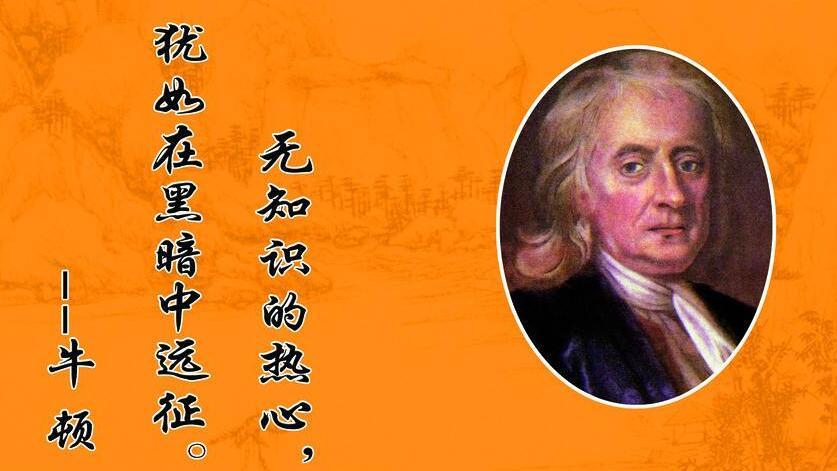
四种翻译方法
1.直译和意译
所谓直译,就是在译文语言条件许可时,在译文中既保持原文的内容,又保持原文的形式——特别指保持原文的比喻、形象和民族、地方色彩等。
每一个民族语言都有它自己的词汇、句法结构和表达方法。当原文的思想内容与译文的表达形式有矛盾不宜采用直译法处理时,就应采用意译法。意译要求译文能正确表达原文的内容,但可以不拘泥与原文的形式。(张培基)
应当指出,在再能确切的表达原作思想内容和不违背译文语言规范的条件下,直译有其可取之处,一方面有助于保存原著的格调,另一方面可以进新鲜的表达方法。
Literal translation refers to an adequate reprentation of the original. When the original coincides or almost tallies with the Chine language in the quence of vocabulary, in grammatical structure and rhetorical device, literal translation must be ud.
Free translation is also called liberal translation, which does not adhere strictly to the form or word order of the original.(郭著章)
直译法是指在不违背英语文化的前提下,在英译文中完全保留汉语词语的指称意义,求得内容和形式相符的方法。
意译是指译者在受到译语社会文化差异的局限时,不得不舍弃原文的字面意义,以求疑问与原文的内容相符和主要语言功能的相似。(陈宏薇)
简单地说,直译指在译文中采用原作的的表达方法,句子结构与原句相似,但也不排除在短语层次进行某些调整。
意译指在译文中舍弃原作的表达方法,另觅同意等效的表达方法,或指对原作的句子结构进行较大的变化或调整。(杨莉藜)
Literal translation may be defined as having the following characteristics:
1, literal translation takes ntences as its basic units and the whole text into consideration at the same time in the cour of translating.
2, literal translation strives to reproduce both the ideological content and style of the entire literary work and retain as much as possible the figures of speech and such main ntence structures or patterns as SV,SVO, SVC, SVA, SVOO, SVOC, SVOA formulated by Randolph Quirk, one of the authors of the book A Comprehensive Grammar of the English Language.
Free translation may be defined as a supplementary means to mainly convey the meaning and spirit of the original without trying to reproduce its ntence patterns or figures of speech. And it is adopted only when and where it is really impossible for translators to do literal translation. (Liu Zhongde).
练习:
1.He walked at the head of the funeral procession, and every now and then wiped his crocodile tears with a big handkerchief.
他走在送葬队伍的前头,还不时用一条大手绢擦一擦他的鳄鱼泪。
2.It’s an ill wind that blows nobody good.
对有些人有害的事情可能对另一些人有利。
3.Every dog has his day.
人人皆有得意日。
4.It means killing two birds with one stone.
这意味着一石二鸟。
这意味着一举两得。
这意味着一箭双雕。
5.你不要班门弄斧。
Don’t display your axe at Lu Ban’s door.
Don’t teach your grandmother to suck eggs.
Never offer to teach a fish to swim.
6.Nixon was smiling and Kissinger smiling more broadly.
尼克松满面春风,基辛格更是笑容可掬。
7.在我的后园,可以看见墙外有两株树,一株是枣树,还有一株也是枣树。
Behind the wall of my backyard you can e two trees: one is a date tree, the other is also a date tree.
8.油蛉在这里低唱,蟋蟀们在这里弹琴。
Here field crickets droned away while hou crickets chirped merrily.
9.There is a mixture of the tiger and the ape in the character of a French man.
法国人的性格混合有老虎和猿的成分。
法国人的性格既残暴又狡猾。
虎恶狐狡,兼而有之,这就是法国人的性格。
10.Every spirits you take is a nail in your coffin.
你喝的每一杯酒都在缩短你的性命。
你喝的每一杯酒都是你棺材上的一颗钉子。
11.The first time I saw her, half of my life ago, she nearly took my breath away.
大半生前第一次见到她,她差点儿把我的呼吸带走。
大半生前第一次见到她,我就惊呆了。
12.芦笛岩是桂林最精彩的岩洞。
Reed Flute Cave is the most magnificent of all in Guilin.
13.Don’t cross the bridge till you get to it.
不必担心太早。
不必自寻烦恼。
14.Do you e any green in my eye?
你以为我是好骗的吗?
15.I want a man who will throw his hat over the Chindwin and then lead his troops after it.
我要的是这样一个人,他决心在亲顿江破釜沉舟,然后率领部队前进。
16.Ruth was uptting the other children, so I showed her the door.
鲁斯一直在扰乱别的孩子,我把他撵了出去。
17.The operation may not succeed; it’s a gamble whether he lives or dies.
手术不一定成功,能否保住他的性命,只能一赌。
18.But after six years of a stormy marriage, Cewe decided to end it.
六载婚姻生活,风雨交加,赛维决定结束这种婚姻。
